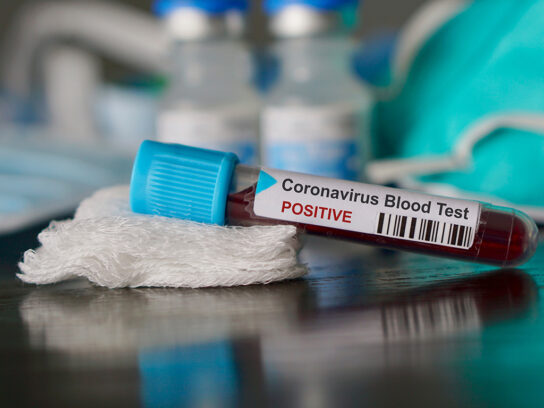
As of Monday, March 16, there are 37 cases of COVID-19 in Maryland, 15 of those are in Montgomery County. The first three County residents with confirmed cases of COVID-19 are now fully recovered and are no longer contagious, according to a statement from the Montgomery County Department of Health and Human Services (DHHS).
Many residents are concerned about testing for the COVID-19 virus. The DHHS wants to reassure residents that the potential risk of illness to the general public is still very low.
Here are answers to the most common questions about testing in the County:
1. How do I know if I should be tested?
If you start to experience symptoms, call your health care provider. The physician or practitioner will assess your symptoms, ask about your travel history and whether you have been exposed to someone with a confirmed case of COVID-19. With that information, they will determine if diagnostic testing for the COVID-19 virus is appropriate. If your health care provider suspects COVID-19, they will coordinate testing with the local and state health departments. If you would like to speak with a nurse, call 240-777-1755.
2. How many tests have been administered in Montgomery County?
The County Health Department does not conduct testing. Early testing numbers came from the Maryland Public Health Lab in Baltimore. Now that COVID-19 testing is expanded and available through commercial laboratories, the Maryland Department of Health (MDH) is no longer reporting the negative and pending number of tests in the State. All positive results obtained by commercial laboratories are reportable to MDH and are included in the counts.
3. Is there a COVID-19 home test?
There is no COVID-19 home test kit on the market for sale. People who suspect they have COVID-19 should contact their health care provider, who will determine if that patient has signs and symptoms compatible with COVID-19 and will determine whether patients will be referred for lab testing.
4. Will everyone need a test?
Regardless of whether people are tested, medical advice will remain the same; isolation and treating symptoms with fluids to reduce the risk of dehydration, medication to reduce a fever, and supplemental oxygen in more severe cases.
5. County Health Officer Dr. Travis Gayles on COVID-19 Testing Guidelines


Comments are closed.